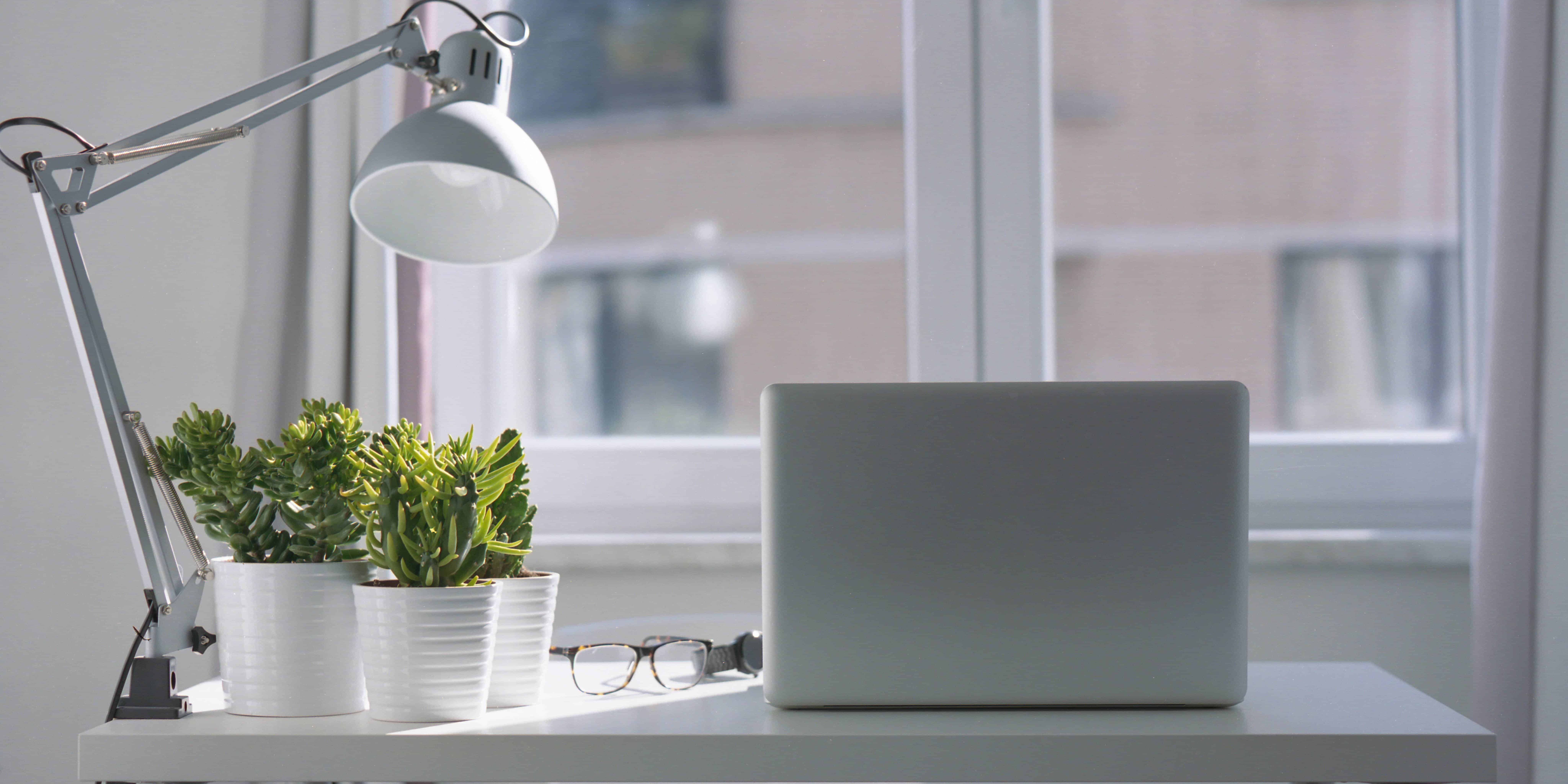Over the past few months, the coronavirus (COVID-19) outbreak has caused a huge amount of uncertainty and turbulence in many people’s lives. You might have the best handwashing techniques in the world, but the constant breaking news and social media notifications about the pandemic can feel overwhelming and start to take its toll on your non-physical wellbeing. Read on to find out more about what you can do to help improve your mental wellness and coronavirus.
So how do you stay mentally well during this time, whether you’re working from home or dealing with isolation of any kind? Concerned for an older loved one or facing the stress of making the journey to work or the supermarket on public transport? There are a few things you can do to help to keep on top of your mental wellbeing.
Turn off the news
Especially for those with existing mental health conditions such as anxiety or OCD, having a constant stream of updates about infection numbers can create fear about being out of control and cause unnecessary stress.
Turn off your news app notifications, switch from the radio to music streaming, don’t have the TV running in the background and take a break from social media if the people you follow are also talking about the pandemic.
The World Health Organisation (WHO) says everyone should:
“Seek information mainly to take practical steps to prepare your plans and protect yourself and loved ones. Seek information updates at specific times during the day once or twice” – WHO
Give yourself 5-10 minutes to catch up on the headlines and check for any changes you need to make from reliable sources to prevent feeling overwhelmed.
You can even mute topics or hashtags on some social media channels if you want to keep browsing other content.
Exercise and mental health
The WHO advises everyone to maintain their usual routines, engaging in healthy activities such as regular exercise, sleeping well and eating a healthy diet. Check out our previous sleep article for some extra tips on this.
Moderate physical activity can improve your mental wellbeing by raising your self-esteem, allowing you to set and achieve goals or challenges and boost your mood with a hit of endorphins (NHS). This is particularly important to keep in mind as many of us are likely to be spending much less time moving throughout our days, which has a negative impact on mental health even under normal circumstances.
Mind explains that exercise can support your mental health in the following ways:
- Better sleep: You’ll be more tired at the end of the day so your body can recover
- Happier mood: Enjoy that endorphin boost and more energy
- Managing stress and anxiety: Exercise gives you something else to focus on and releases cortisol
Exercise and immunity
In fact, regular, moderately intense exercise can even help support your immune system so you’ll be better equipped to stay healthy. But how?
Exercise raises your heart rate, increasing the flow of blood and white blood cells around your body. Long term, regular training helps decrease inflammation. You’ll even be more motivated to adopt and stick with other healthy habits, such as eating well and sticking to a regular sleep schedule which also helps promote a healthy immune system.
So keep working out several times a week for 30-60 minutes and remember the gym is a healthy place to be at the moment. It’s likely to be quieter than some shops and very frequently cleaned.
And you don’t have to visit a gym to gain these benefits! So for those of you who are staying at home, you can enjoy a full no-equipment workout. You can find a whole range of no-equipment sessions on the Anytime Workouts app. You can discover more about it and how to download on our website!
Social distancing
Social distancing, working from home and even self-isolation might sound like a dream to some people, but when you’re not feeling well or it’s keeping you from important daily tasks it might not be your favourite experience.
If you do end up staying at home, there is some guidance you can follow to make yourself more comfortable:
- Stay in a well-ventilated room
- Make sure you can open your windows
- Spend time in a garden or balcony if you can
- Get friends, family or delivery services to drop off supplies when needed
- Keep your daily routine as much as possible
- Stay connected with friends and family through the internet
- Spend time on your favourite indoor activities, such as reading or watching a movie
Sources
Stick to reliable information from sources such as the WHO, medical professionals such as the NHS website and your GP surgery or government statements.
Tabloids, blogs and social media are not good sources of information and should not be used as a guide for how to react or behave as they may not be using correct or up to date medical knowledge which can help spread misinformation and rumours.
You can read more guidelines from the WHO here.
Get the latest COVID-19 updates here.
Further mental health advice can be found from the BBC, here.
Read the UK Government’s updates here.
Mind, the mental health charity has some advice here.
Follow us on Facebook and Instagram for more health and wellness tips to help you stay fit and healthy during this time.






